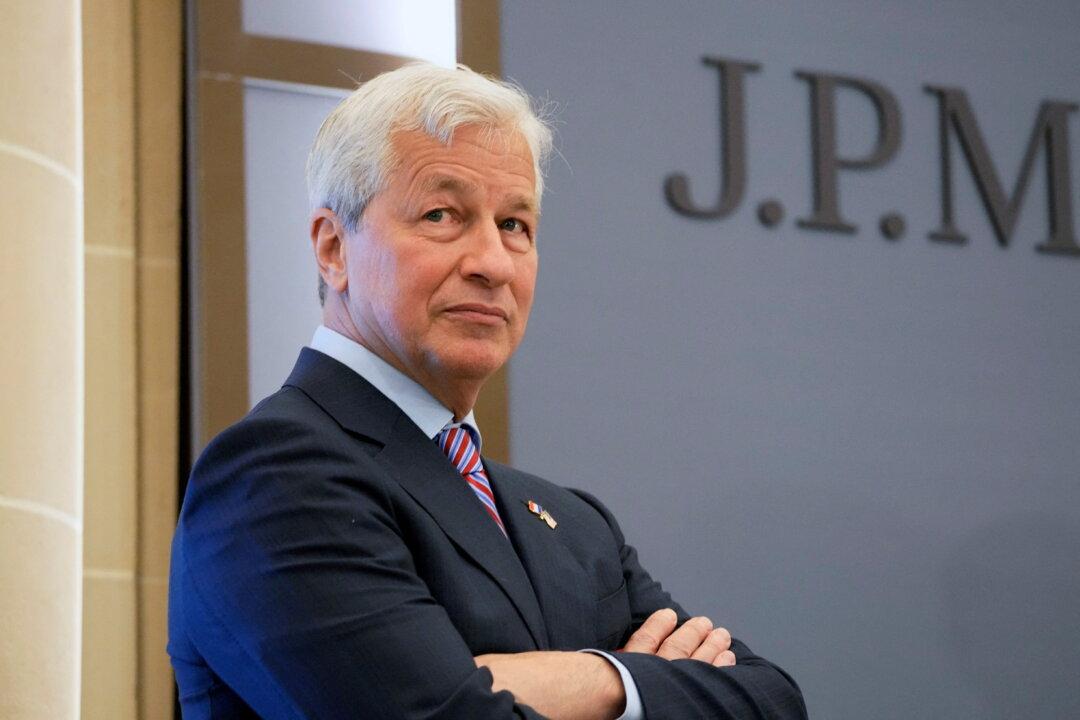JPMorgan CEO Jamie Dimon has warned about a potential economic slowdown even while noting that the American economy is growing, and both the job market and consumer spending remain healthy.
“Geopolitical tension, high inflation, waning consumer confidence, the uncertainty about how high rates have to go, and the never-before-seen quantitative tightening and their effects on global liquidity, combined with the war in Ukraine and its harmful effect on global energy and food prices are very likely to have negative consequences on the global economy sometime down the road,” Dimon said in the company’s Q2 earnings press release published on July 14.





